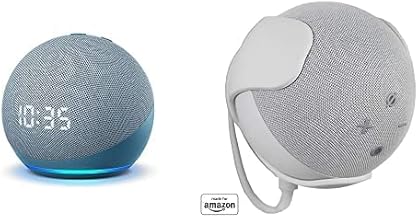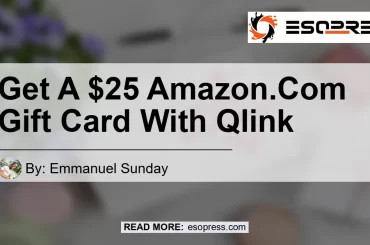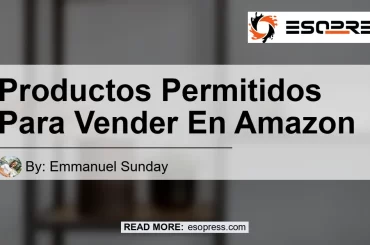

In the world of e-commerce, Amazon has emerged as a dominant force, providing sellers with different platforms to reach customers. Two of the most popular options are Amazon Seller Central and Amazon Vendor Central.
But what exactly are the differences between the two? In this comprehensive article, we will explore and compare Amazon Seller Central and Vendor Central to help you choose the best platform for your business.
Contents
- 1 What is Amazon Seller Central?
- 2 What is Amazon Vendor Central?
- 3 Point of Contact
- 4 Pricing Control
- 5 Inventory Management and Shipping
- 6 Exclusive Features
- 7 Conclusion: The Best Recommended Product
- 8 Frequently Asked Questions
- 8.1 What is the difference between Amazon Vendor Central and Seller Central?
- 8.2 What is the difference between Amazon vendor and Amazon seller?
- 8.3 Can you have both seller central and vendor central?
- 8.4 What is the difference between seller and vendor?
- 8.5 Can I simultaneously run both Vendor Central and Seller Central?
What is Amazon Seller Central?
Amazon Seller Central is a platform that allows individuals and businesses to sell their products directly to Amazon’s customers. As a seller on Amazon Seller Central, you have control over your pricing, inventory, and shipping.
You create listings for your products, set your prices, handle customer service, and fulfill orders. Essentially, you are acting as a third-party seller on Amazon’s marketplace.
What is Amazon Vendor Central?
On the other hand, Amazon Vendor Central is an invitation-only platform where businesses sell their products directly to Amazon. If you are invited to join Amazon Vendor Central, Amazon becomes your customer.
You provide bulk inventory to Amazon, and they handle everything from pricing to shipping. Amazon takes care of product display, customer service, and order fulfillment.
In essence, you become a supplier to Amazon, and they take care of selling your products.
Point of Contact
The most significant difference between Amazon Seller Central and Vendor Central is the point of contact who sells your products. With Seller Central, you sell directly to Amazon’s customers.
On the other hand, with Vendor Central, Amazon itself sells your products. This fundamental shift dictates the level of control you have over pricing, inventory management, and shipping.
Pricing Control
In terms of pricing, Seller Central offers more flexibility. As a third-party seller, you have the freedom to set your prices.
This allows you to charge full retail or offer discounts, depending on your market strategy. In contrast, Vendor Central gives Amazon control over pricing.
They set the prices for products they sell based on market demand and competition.
Inventory Management and Shipping
Another significant difference lies in inventory management and shipping. With Seller Central, you are responsible for managing your inventory and shipping products to customers.
You have the flexibility to use your preferred shipping methods, negotiate better rates with carriers, and control your inventory levels. In contrast, Vendor Central removes this responsibility from you.
Amazon handles all aspects of inventory management and order fulfillment, streamlining the process for you.
Exclusive Features
Amazon Vendor Central is a premium program that offers exclusive features to its subscribers. These features include the Vine program, which allows vendors to receive early customer reviews on their product listings.
Vendor Central also provides access to A+ Content, which enables vendors to enhance their product listings with rich content like enhanced images and videos. These additional features can give vendors a competitive edge in the marketplace.
Conclusion: The Best Recommended Product
After comparing the key differences between Amazon Seller Central and Vendor Central, it is evident that the best platform for your business depends on your needs and preferences. Both platforms offer distinct advantages and cater to different types of sellers.
Based on our analysis, the best recommended product related to the topic of ‘amazon seller central vs vendor central’ is the Amazon Echo Dot (4th Generation). The Echo Dot is a popular brand and a great addition to any smart home setup. It offers voice-controlled convenience, smart home integration, and access to a wide range of Alexa skills. With its compact design and affordable price, the Echo Dot is a versatile device that can enhance the overall customer experience.


In conclusion, whether you choose Amazon Seller Central or Vendor Central, it is crucial to understand the differences and evaluate which option aligns best with your business goals. Consider factors such as pricing control, inventory management, and the exclusive features offered by each platform.
With the right strategy and platform, you can maximize your success as a seller on Amazon.






